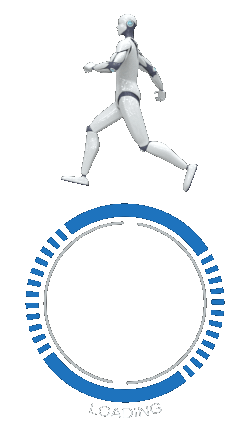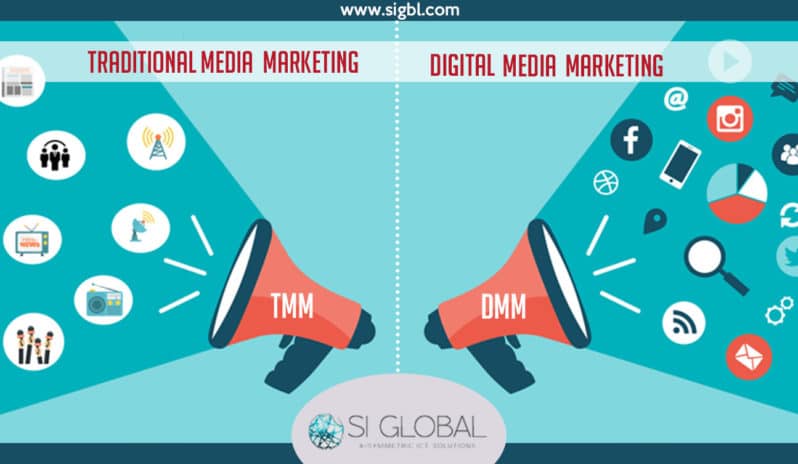Since the popularity of Digital Media Marketing, a never lasting debate has started. Digital Media Marketing vs Traditional Media Marketing. Which is better? Which offers a more ROI? And which is better suited to my Business?
Traditional Media Marketing consists of Newspapers, Magazines, TV, Holdings, Radio etc. Whereas Digital Media Marketing contains Social Media Marketing, Search Engine Optimization, Google Adwords, Email Marketing etc
Following are a few of the many advantages of Digital Media Marketing over Traditional Marketing:
ADVANCED TARGETING/SEGMENTATION
Digital Marketing has a supreme advantage as it offers to pinpoint targeting mechanisms for its adverts.
You can target your audience using Location, Age, Gender, Behavior, Interests, Work, Job Title, Company in which they work, Tendencies, even the phrases and keywords they type on Google etc in both B2B and B2C case scenarios. This invaluable targeting system increases the tendency of showing the ads to the people who matter i-e the people from which you can get a conversion, a lead, sales, feedback etc.
Traditional Marketing offers very limitedly targeting as once a holding or a TV ad is displayed; we can’t control the people who are watching/engaging with it thus, in most cases, a majority of the people who are watching/engaging with the content won’t convert into clients.
TRACKING
Digital Marketing offers superior tracking systems i-e you can identify the source of your audience/traffic,
the time they spent on your website, the actions they performed, even the exact video of their activities, which buttons they pressed, which parts of the page received spontaneous clicks etc. These systems help us in judging the effectiveness of our ads, our target audience, and faults, issues of our websites/landing pages and response of the market towards our services or products.
REAL-TIME MODIFICATION OF ADS/ BILATERAL COMMUNICATION
As all of the data is available in real time so we can modify our marketing campaigns according to the response from our target audience. A lot of guesswork done by marketers during the designing phase of the marketing campaign can be replaced with real-time facts and data.
Moreover, clients can get their feedback/response registered so DMM offers two-way communications that result in a better connectivity between the consumer and provider/supplier.
REMARKETING
DMM offers the unique and previously unheard feature of remarketing. We can collect the data from the people who are interested in our product or services. Moreover, we can even know the exact product or service they are interested in. After getting the lists of these people, we can target them with the ads of the products or services they are interested in, making a conversion very probable. In the first phase, we launch a campaign and collect our remarketing lists. In the second phase, we run a second campaign for the people in our remarketing lists and collect the data of the people which converted into clients thus making our second, more refined remarketing list and repeat this process again and again. Hence, all this results in a filtering process in which we can separate our clients from non-clients and continuously refine our lists.
ROI
Digital Marketing offers a very encouraging ROI. An exact figure may depend upon the exact case scenario but on average, DMM ROI ranges from 200% to 900%.
This cost-effectiveness enables small businesses with low marketing budgets to be able to advertise their products/services on Digital Media.
MARKET RESEARCH
Different DMM tools can effectively serve the purpose of market research. As mentioned earlier, with real-time data at our disposal, a lot of guesswork can be replaced with real facts. The demand for products/services in various regions can be estimated very effectively. Different digital trends can be monitored to predict the future of the market.


